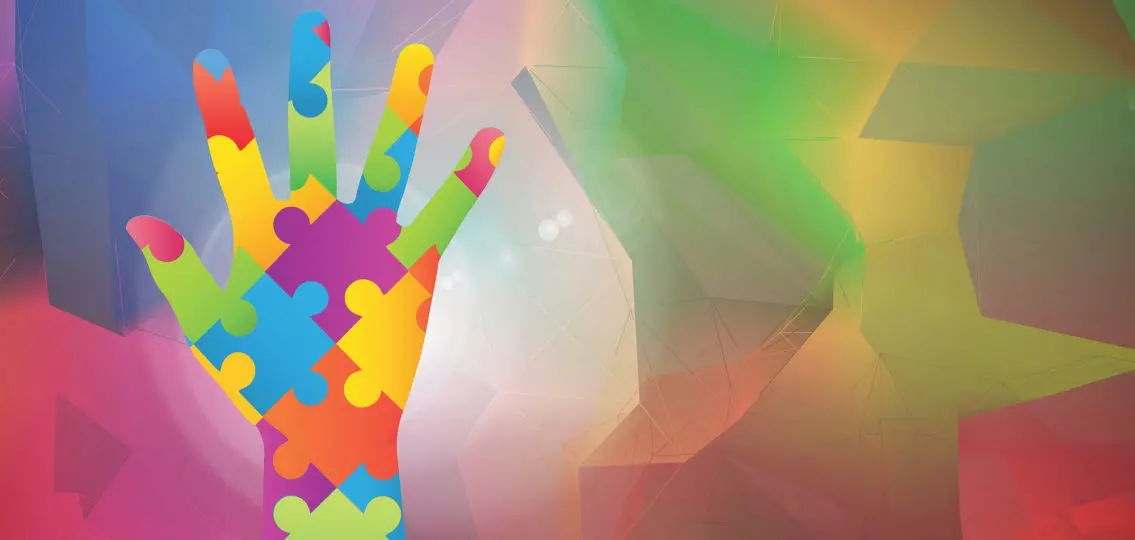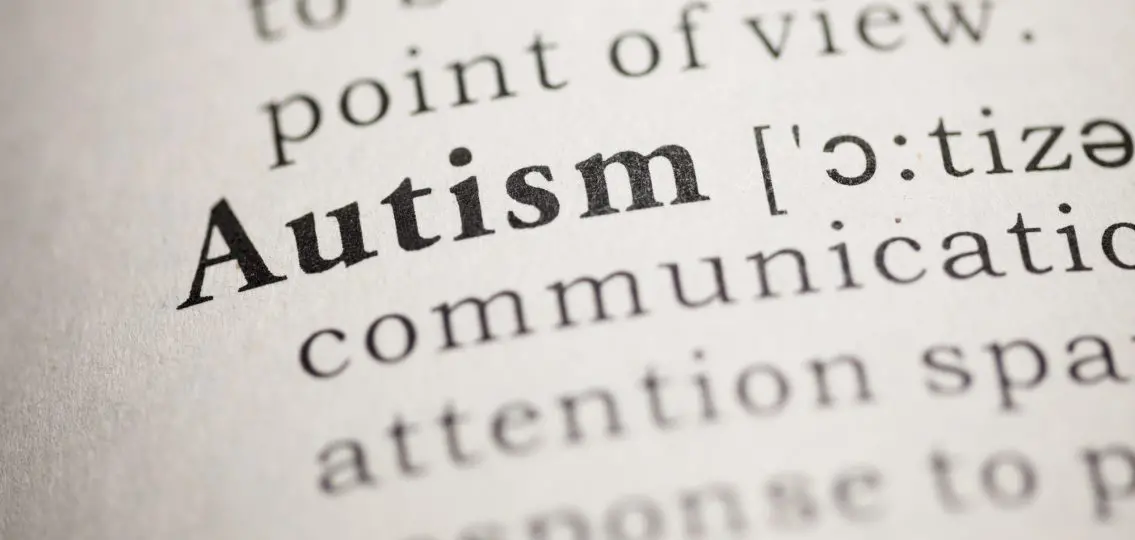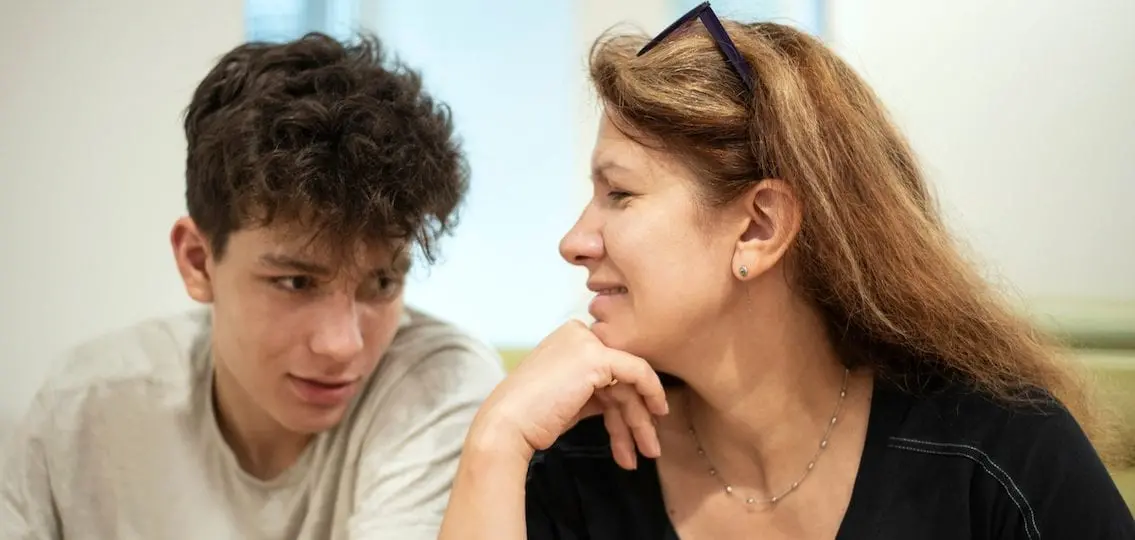When my autistic son stims, his hands curl into two “okay” signs, and the pinky, ring, and middle fingers on each hand flutter, telling the story of his mood via the height and frequency of their waves. He sucks in air, rather than taking smooth breaths. It’s close to a whistle, but not quite that shrill. His teeth chatter but don’t click.

My son remembers every fact, every scientist’s and archeologist’s theory, every funny footnote from a research paper referenced in that YouTube video he saw six months ago. He prefers black holes and exotic, venomous spiders. He is drawn to ancient armies and geologic processes.
But when it comes to most fiction, he sniffs disdainfully. He listens for 15 seconds and then interrupts: “Mom, would you mind if we stopped now?” He is polite, yet insistent, in his rejection of Rowling and Tolkien.
But for my words, my fiction, he stims. He lets me read my story out loud to him. He gasps, then hoots, standing up to pace behind me before leaning over and reading along in a whisper in my ear.
This is really about him, not just some kid, and he can tell.
His fingers quiver, energy coursing through them, a typical stim for an atypical boy. When the dance slows, I know the dialogue has turned false. It needs revising. When his fingers pick up the pace, I am on track. This is how kids talk, his fingers tell me. This is how kids feel. I have an authenticity Geiger counter in the form of my autistic son’s hands.
Adult autistics ask parents to embrace the beauty of their children’s rigid focus, and I try to do that. My son’s ability to follow an 87-step origami pattern is both astounding and alien to me. I get lost after step three on my beginning duck pattern, and he pats my shoulder encouragingly, handing me his detailed dragon with scales.
“Keep this for inspiration, Mom.”
I place it on my writing desk and try folding my duck again. He places his fingers on mine, enjoying touch when it is his to control, and he helps me to find the exact creases and folds that create life from flatness.
Before I can thank him, he asks me about the subatomic particles in the molecules that make up paper.
“I don’t know what’s smaller than a quark,” I answer him. He pats my shoulder again.
But despite my growth as a listener and mother, I yearn for a connection with him through fiction.
I want to share what I love, too. I don’t need a highway. Just a path—a small, one-lane country road that allows for thoughtful, quiet travel in both directions.
So I write a tiny story. One page, which stretches to two as I fall in love with the characters. A contemporary fantasy, about extraordinary boys who are sent to a special school for behaviorally challenged kids. These boys are ignored by the world, disregarded by teachers and peers alike at other schools, but not here. There is no Applied Behavioral Analysis, with its unyielding, aggressive attempts to mask the “other.” There are no assistants with tight grips, or small, empty rooms with locked doors and narrow windows to watch desperate children come unhinged.
These boys are heroes here. They unite to become a team of thinkers that defend incompetent adults from other, more intelligent and nefarious adults. These characters find comfort and inspiration in each other, rather than from the neurotypical world they are supposed to conform to.
My son’s stims go wild. He listens to every word, hands reaching out to my shoulders with each pass as he paces. He hears all 3,000 words and begs at the end, “Mom, please, what happens next?” And so I write more. I write chapter after chapter of a story that is fantasy without magic or hobbits.
I create a school where the main character’s gifts eclipse his awkwardness. A lunchroom where friends save him a spot at their table. A classroom where fellow students ask where he is when he’s absent. Groups of smiling kids in the hall laugh at his jokes and put their arms, carefully, with permission, around his shoulders. He is a part of a whole, a limb on a body. Necessary. Appreciated.
This world that does not really exist breaks my heart as I write it, the novel slowly transforming into a wish list for my son. Many thousands of words later, he still stims over my shoulder. Continues to whisper in my ear: How will it end? What will happen in Book Two? Will you write an entire series? His fingers make their “okay” signs. His teeth chatter.

We meet on this path and continue walking together. We will widen it as we go.




